In this article, we will learn about the basic concept of civilization in anthropology. It is the standard form of culture. A civilization is a complex society. Civilization has a strong historical presence. A civilization is larger than a city but it not necessarily an empire. It is dominant in its particular region. According to some scholars, there is no difference between culture and civilization. But some believes that there is some difference between culture and civilization. L. H. Morgan gave evolutionary sequence in three steps-
- Savagery
- Barbarism
- Civilization
According to him, civilization is a stage of evolution. Likewise, historians believe civilization a sign of the discovery of writing. Robert Redfield mainly emphasised the study of civilization. He is known as the father of the school of civilization.
Characteristics of Civilization
- They have a stable food supply. They are no more nomadic. They started living settled life.
- They have their own social structure, have unique features.
- Different civilization has a different form of government. These different forms are according to their requirements.
- They have their own religious practice according to their beliefs.
- They have a highly developed culture.
- They are advance in technology.
- They have their own developed written language for communications.
- They have complex institutions.
- There are specialized workers in every civilization. They have a division of labour. It means different people have a different task to perform.
- They are a large population centre.
Examples of Civilization
- Indus Valley Civilization (Pakistan)
- Mesopotamian Civilization
- Egyptian Civilization
- Mayan Civilization (Civilization of Rome), etc.
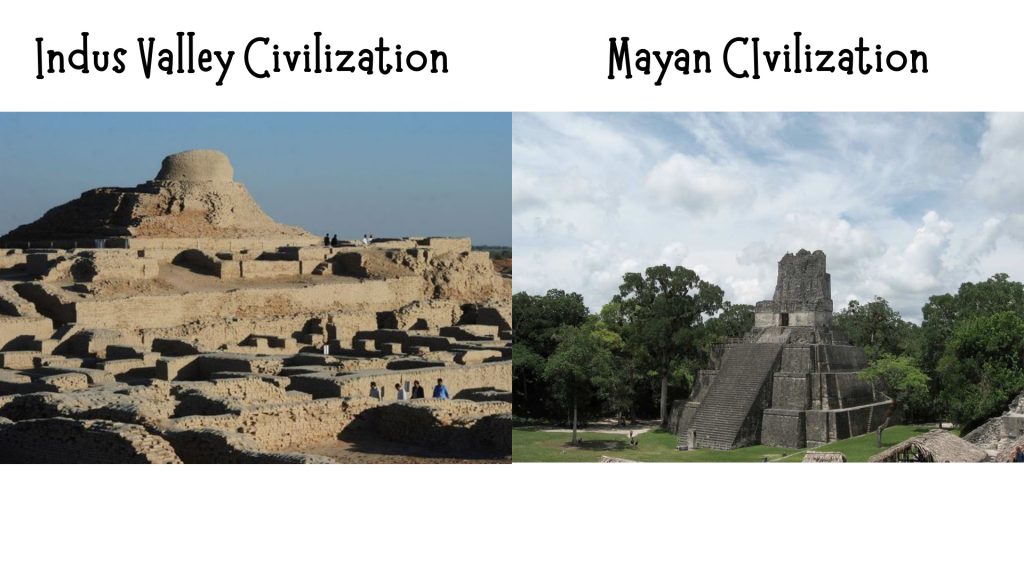
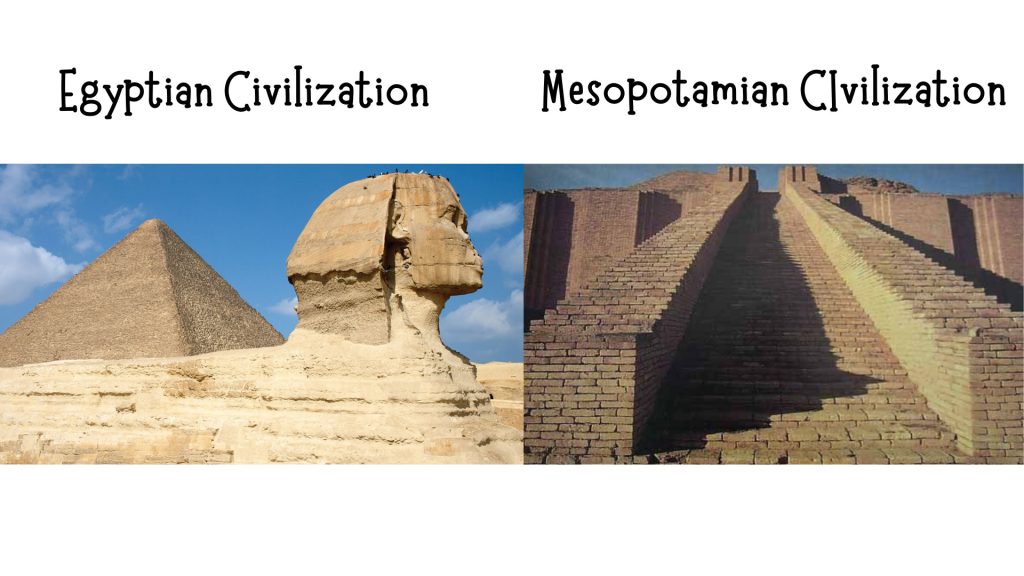
Development of Civilization
Civilization developed because of needs, conflict, exploration, curiosity etc. It gets expanded from place to place because of trade. These are necessary for the growth of civilization and its stability. In ancient times trade is mainly done through the silk route, maritime routes. Every man has their own needs to live happily so they explore different things to fulfil their needs. For a house to live in, they try every possible way to is built a house to live comfortably and because of this there are complex settlement patterns are found. In every population, some cases of conflict are found and to win such conflict people explore various methods to become superior to the other. Civilization also gets developed out of curiosity. Curiosity to know the existence of various things, their usage and then slowly and steadily those things get incorporated in the day to day life either in original form or in modified form.
Fall of Civilization
Many civilizations developed, blossomed and then failed and extinct without any traces. There are various reasons found in their failure such as internal change, external pressure, environmental factors etc. Civilization never becomes fails or extinct due to a single reason. Population dynamics leads to internal changes. A sudden population shift may make the civilization fall. The population may shift due to disease outbreaks, environmental factors, extreme weather etc. For eg., the Maya civilization collapsed due to internal changes such as disease outbreaks, relocation of the population (due to natural disasters). External pressure refers to foreign invasion. It can lead to the abrupt end of civilization. For eg. One of the reasons for the fall of the Indus Valley Civilization is the Aryan invasion. Environmental factors such as Tsunami, floods, drought etc. Also became the reason for the decline of a particular civilization. For eg., Indus Valley Civilization declined because of changes in the stream of the Indus river, seasonal flooding, water-born diseases.
Difference between Culture and Civilization
- In civilization, there is some accurate measurement but in culture, no such measurements are found.
- Civilization always moves forward but it is not important in culture.
- Civilization always upward and unilinear and keeps on increasing or moving forward.
- For civilization no external force is required for its development but in culture, some extra efforts become important.
- Civilization is external and mechanical but culture is internal and organic.
- Civilization can be changed by a person but culture cannot be reformed by a person. It can be changed by whole society together.
- Civilization moves forward fast and with technology, it grows in all direction.
- Civilization can be studied or identified with or without changes but in culture changes usually occur.
Read more:
- Lamarck’s Theory of Evolution
- Bipedalism and Structural Changes
- Natufian Culture
- Cache of ancient coins dating back 100,000 years unearthed in Japan
- James George Frazer


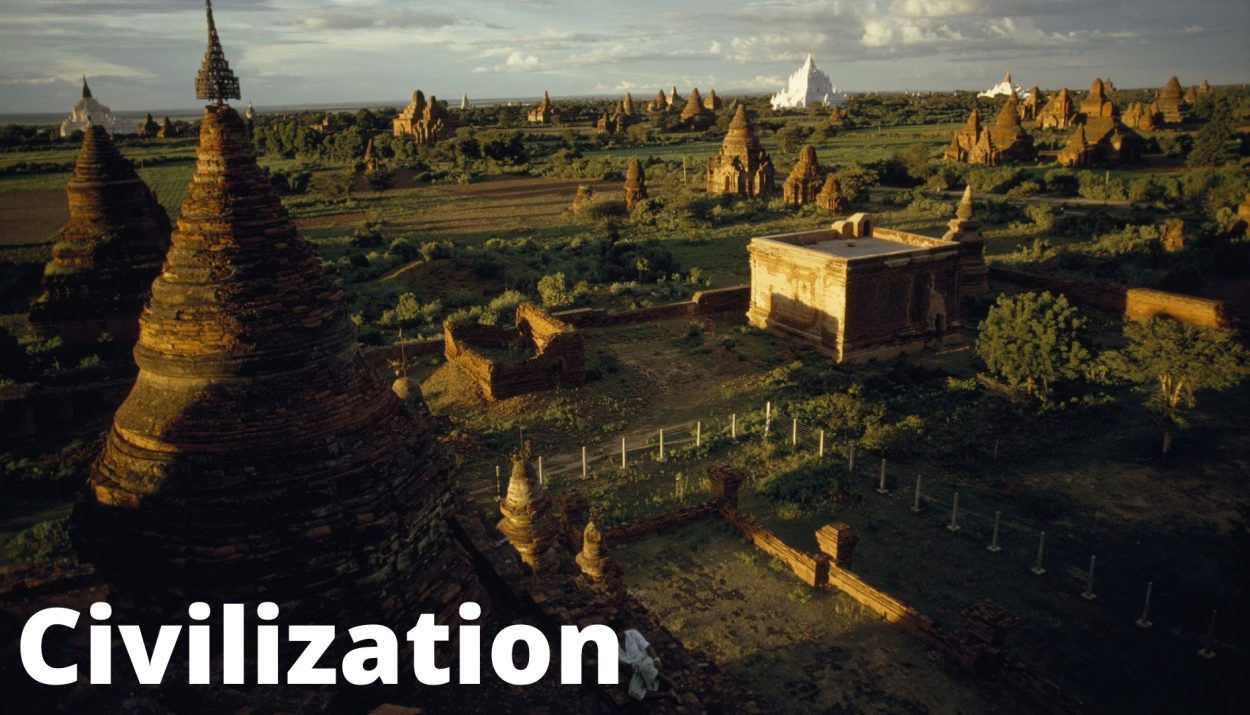

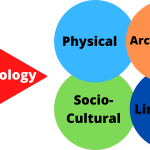

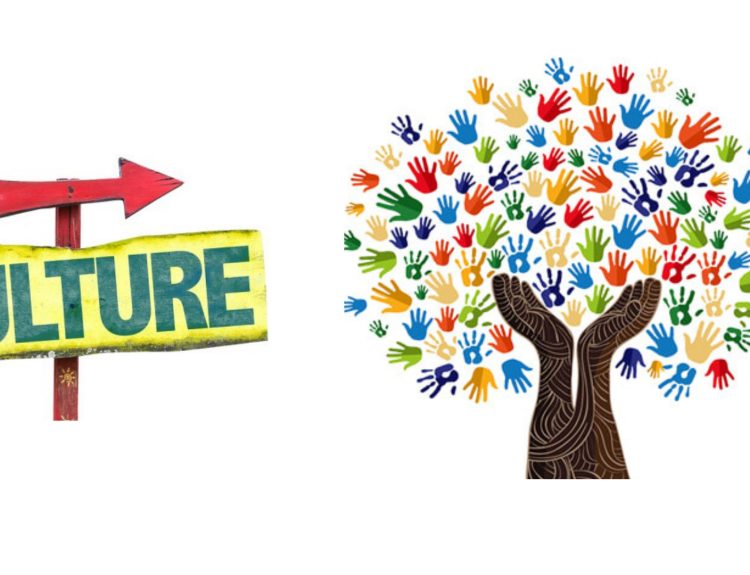
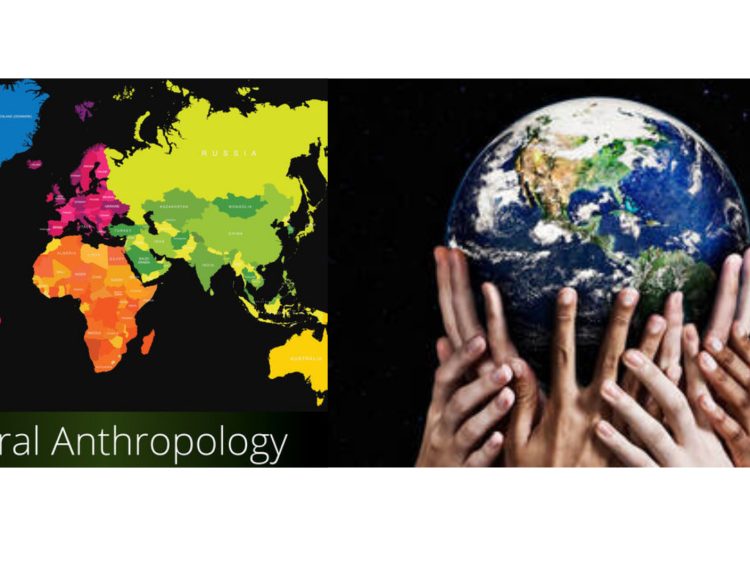
7 Comments
Rod
2 years agoAwesome! Its actually awesome piece of writing, I
have got much clear idea concerning from this paragraph.
Sam
2 years agoHi there, all is going sound here and ofcourse every
one is sharing facts, that’s truly fine, keep up writing.
Clyde
2 years agoWonderful web site. Plenty of helpful information here.
I’m sending it to several friends ans additionally sharing in delicious.
And obviously, thanks on your effort!
Franklin
2 years agoI’d like to find out more? I’d care to find out some additional information.
Nichole
2 years agoIf some one needs to be updated with most up-to-date technologies after that he must be go to see this site and
be up to date all the time.
Stephaine
2 years agoHowdy! I simply want to give you a huge thumbs up for your excellent information you’ve got here on this
post. I will be coming back to your site for more soon.